Staying Hydrated and Cool
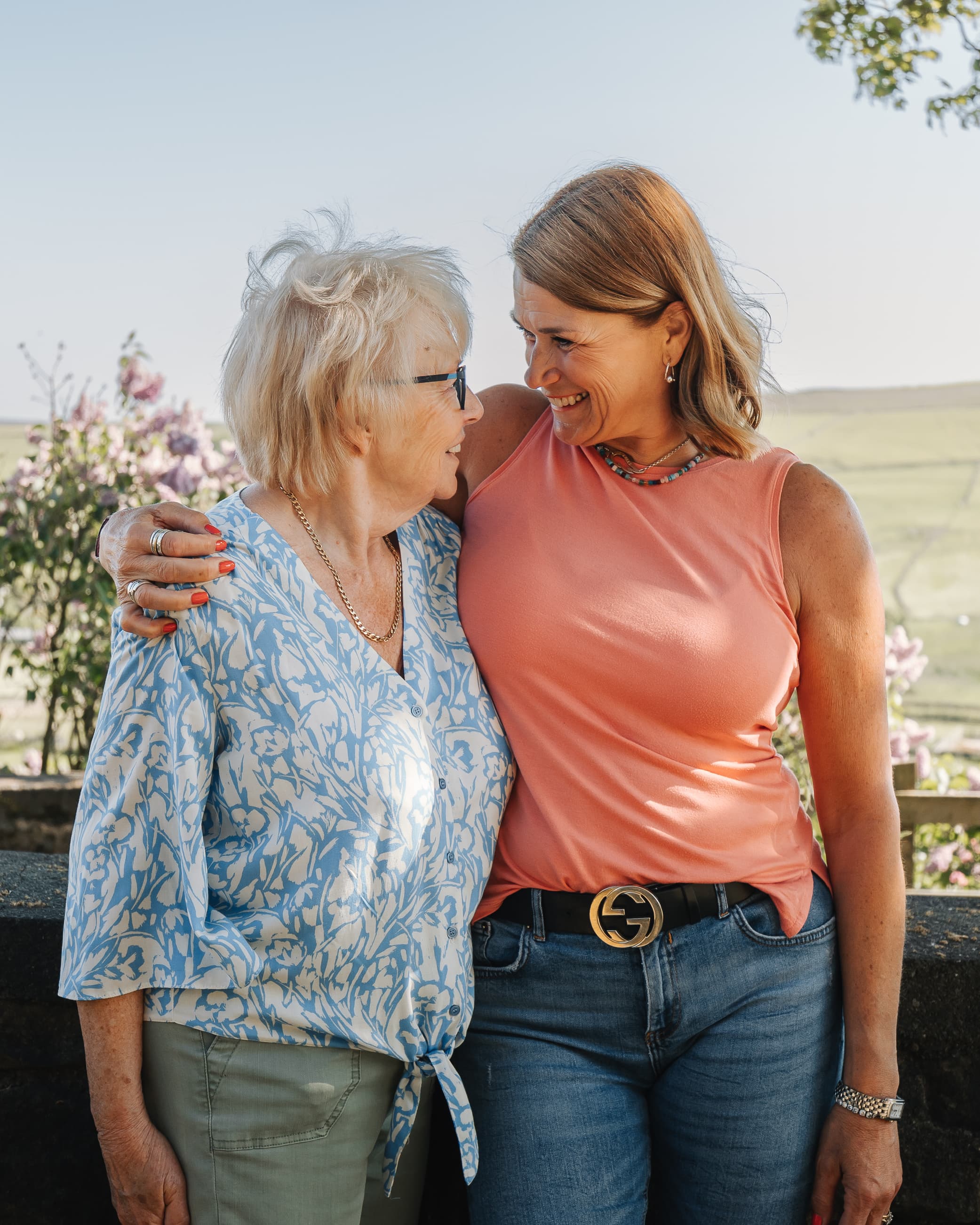
As temperatures rise, so too do the risks associated with heat and dehydration—especially for older adults. While many people look forward to summer sunshine, it’s important to remember that the body’s ability to regulate temperature declines with age, making hydration and heat awareness a top priority.
In this blog, we’ll explore why hydration is so important, the barriers some older adults face, practical tips for staying cool, and what to do in case of heat-related emergencies.
Why Hydration Is Crucial—Especially in Older Adults
Water is essential for nearly every bodily function, from regulating temperature to keeping joints lubricated and organs functioning properly. But as we age, our bodies hold less water, and the sensation of thirst can diminish, meaning older adults may not realise they are dehydrated until it’s too late.
Dehydration in older adults can lead to:
- Increased risk of falls
- Confusion or disorientation
- Urinary tract infections
- Constipation
- Low blood pressure
- Kidney problems
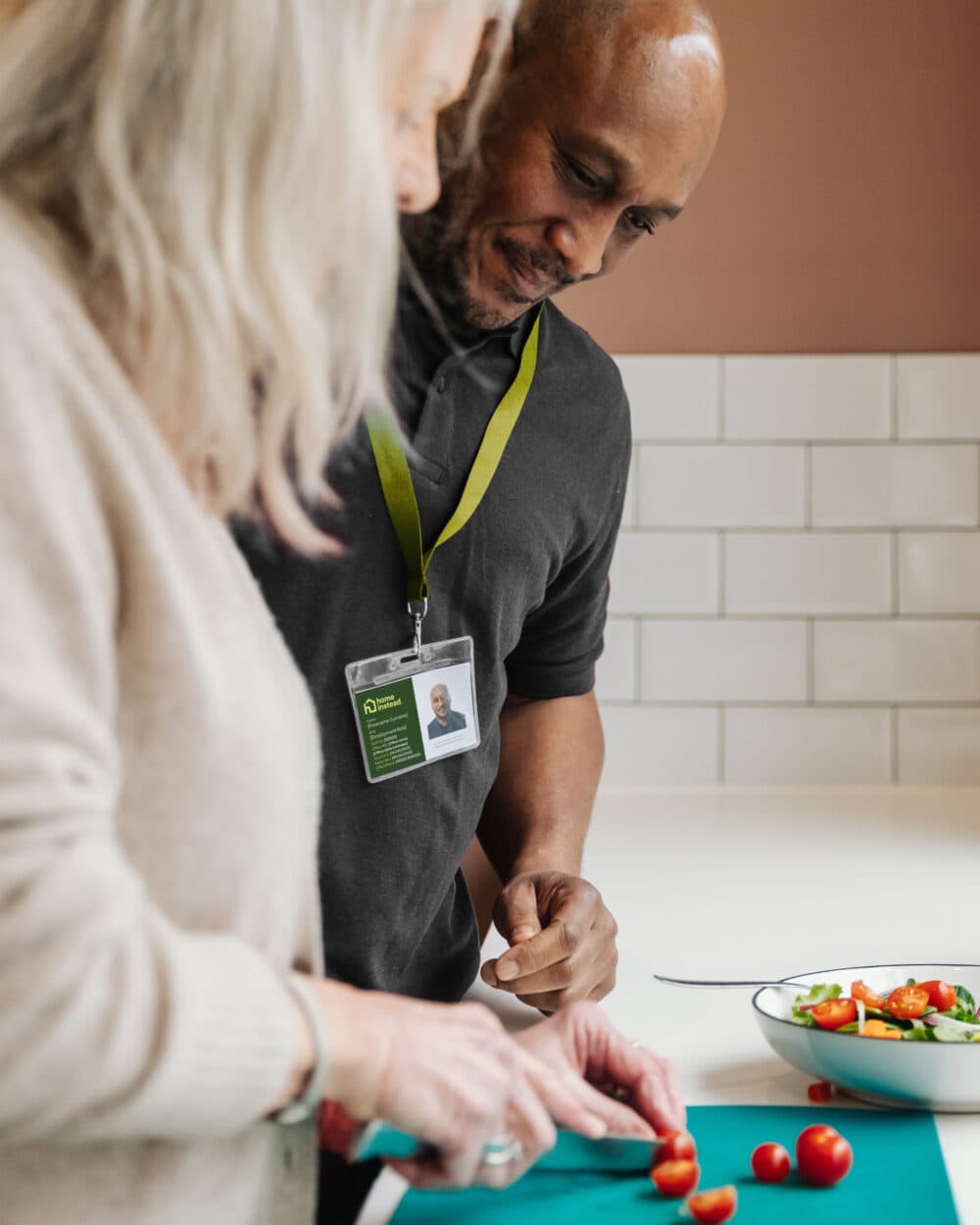
Why Some People Struggle to Stay Hydrated
Maintaining hydration can be difficult for a variety of reasons. Some of the most common challenges include:
- Health conditions: Conditions such as Parkinson’s disease, stroke, or dementia can affect a person’s ability to recognise thirst, hold a cup, or remember to drink regularly.
- Mobility issues: If getting up for a drink is difficult, many may avoid it altogether.
- Fear of incontinence: Some people intentionally limit their fluid intake to avoid accidents, especially if they’re worried about accessing the toilet quickly.
- Medication: Certain medications (e.g., diuretics) can increase fluid loss and require careful management.
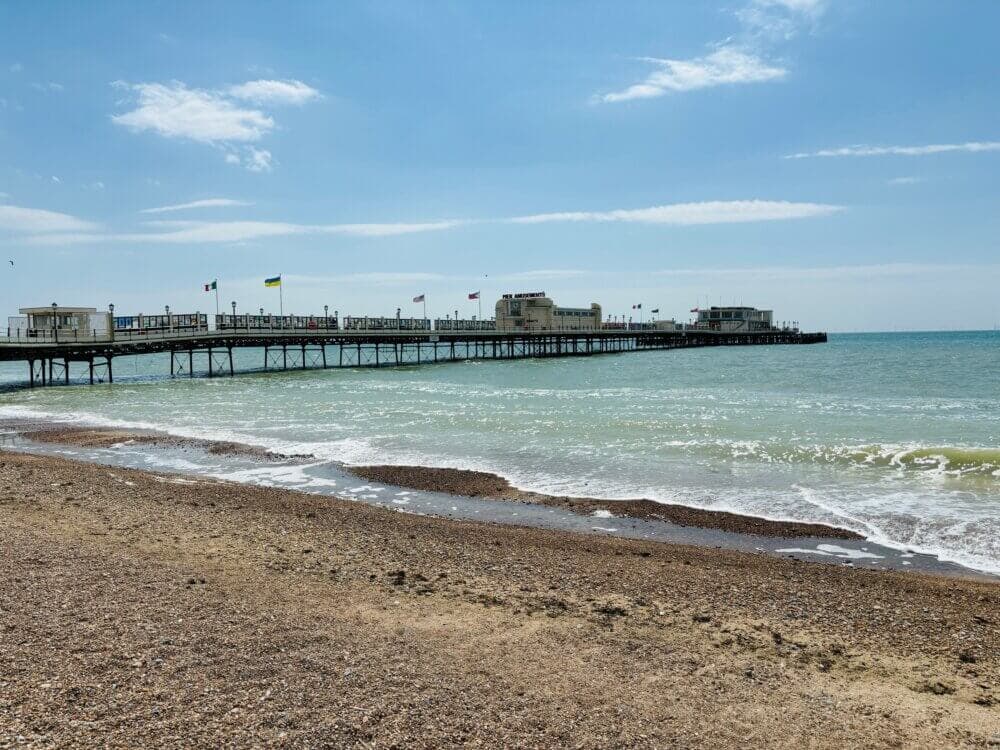
Tips for Staying Cool and Hydrated
Whether you’re a care professional or a family member, supporting hydration and keeping cool is something we all need to be mindful of.
Hydration Tips:
- Offer drinks regularly – Don’t wait for someone to ask; offer water, juice, or herbal teas every 1-2 hours.
- Use hydration aids – Straws, lidded cups, or easy-grip bottles can help those with mobility or dexterity issues.
- Flavour water – A slice of lemon, cucumber, or mint can make water more appealing.
- Encourage water-rich foods – Foods like watermelon, cucumber, and soup can contribute to fluid intake.
- Keep drinks visible and within reach – A jug on a table may be forgotten; a glass in hand is more likely to be sipped.
Cooling Tips:
- Close blinds and curtains during the day and open windows in the evening to let cool air in.
- Wear loose, light-coloured clothing and avoid synthetic materials.
- Use handheld or desk fans, or place a damp flannel on the back of the neck.
- Encourage cool showers or sponge baths to help reduce body temperature.
- Avoid caffeine and alcohol, as they can contribute to dehydration.
And don’t forget – care professionals need to look after themselves too. Stay hydrated, take regular breaks in cool areas, and dress appropriately for the weather.
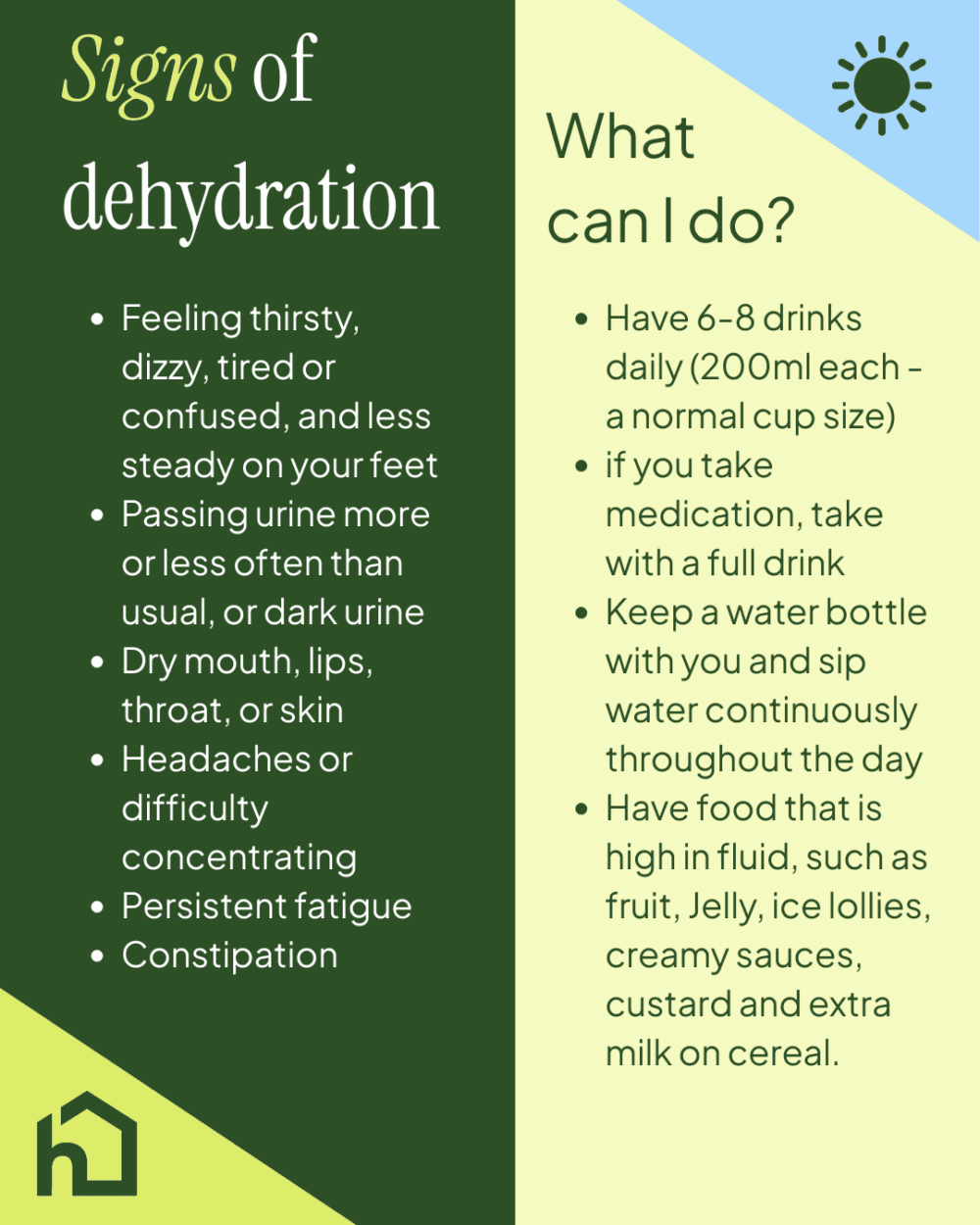
Spotting and Responding to Dehydration or Heatstroke
Being able to recognise the signs of dehydration or heat-related illness early is essential.
Signs of dehydration may include:
- Dry mouth or lips
- Headache
- Dizziness or light-headedness
- Confusion or irritability
- Dark yellow urine or decreased urination
- Fatigue or weakness
Heatstroke is a medical emergency. Signs may include:
- High body temperature (over 40°C)
- Hot, flushed, dry skin (sweating may stop)
- Rapid pulse or breathing
- Confusion, disorientation, or seizures
- Loss of consciousness
What to do:
- Move the person to a cooler environment immediately.
- Offer sips of water (if they are conscious and able to drink).
- Cool them down – use a cool damp cloth, fan them, or place them near a fan or in a cool shower if safe.
- Loosen clothing and elevate feet slightly if the person feels faint.
- Call 999 if you suspect heatstroke or if symptoms do not improve quickly.
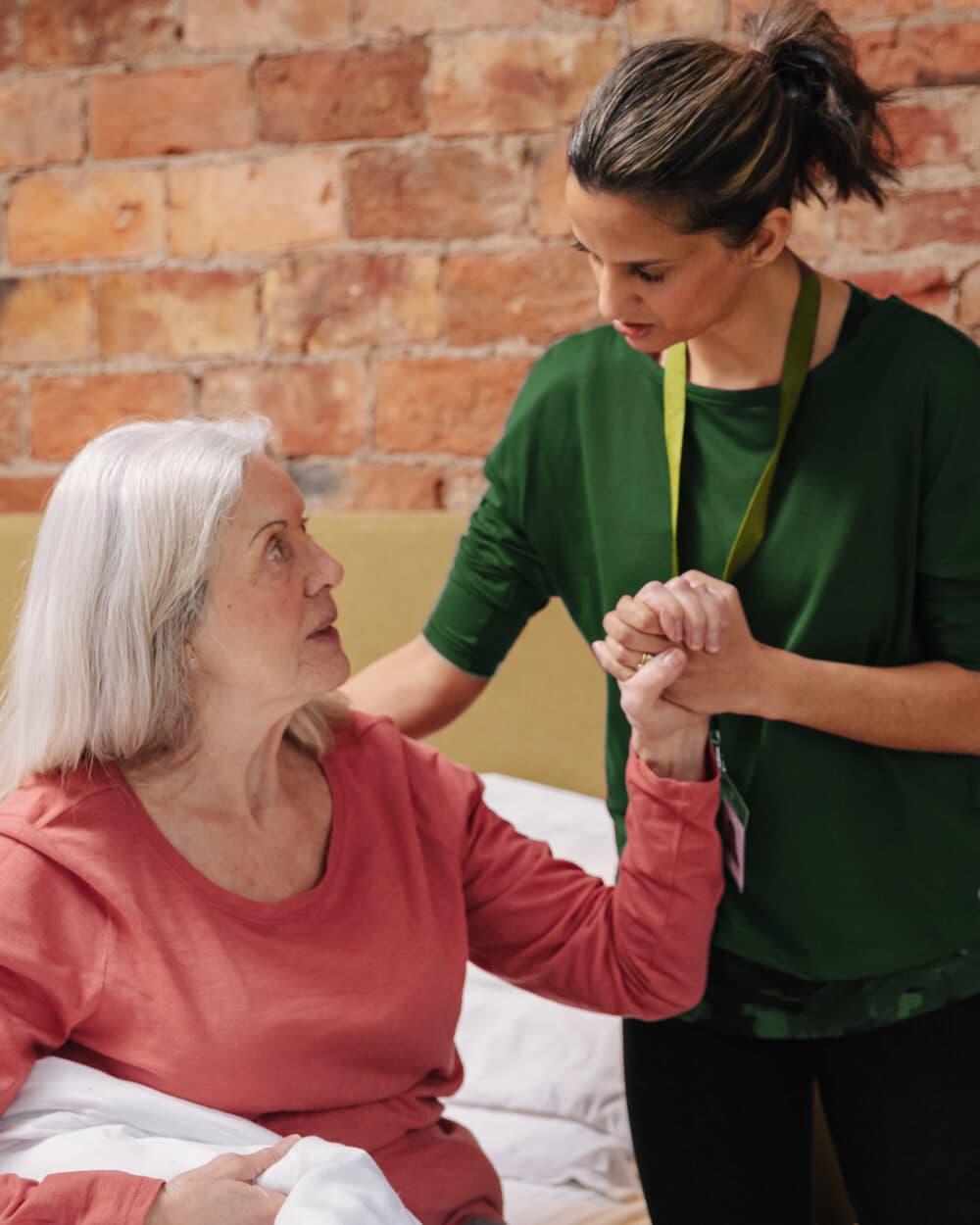
Preventing dehydration and overheating is often about small, consistent actions. As care professionals, family members, or concerned neighbours, we can all play a role in helping older adults stay safe and well during the warmer months.
Many of the families we support tell us how reassuring it is to know their loved one has a regular Care Professional checking in—especially during periods of extreme heat or changing health needs. Whether it’s offering a cool drink, encouraging a rest in the shade, or simply being there to spot the early signs of heat-related illness, that regular presence brings peace of mind.
If you’re starting to think a loved one may need home care in Worthing—particularly during the summer months—please don’t hesitate to reach out. We’d be happy to talk through your options and offer guidance tailored to your family’s situation.
Your loved one’s safety, comfort, and dignity are at the heart of everything we do.